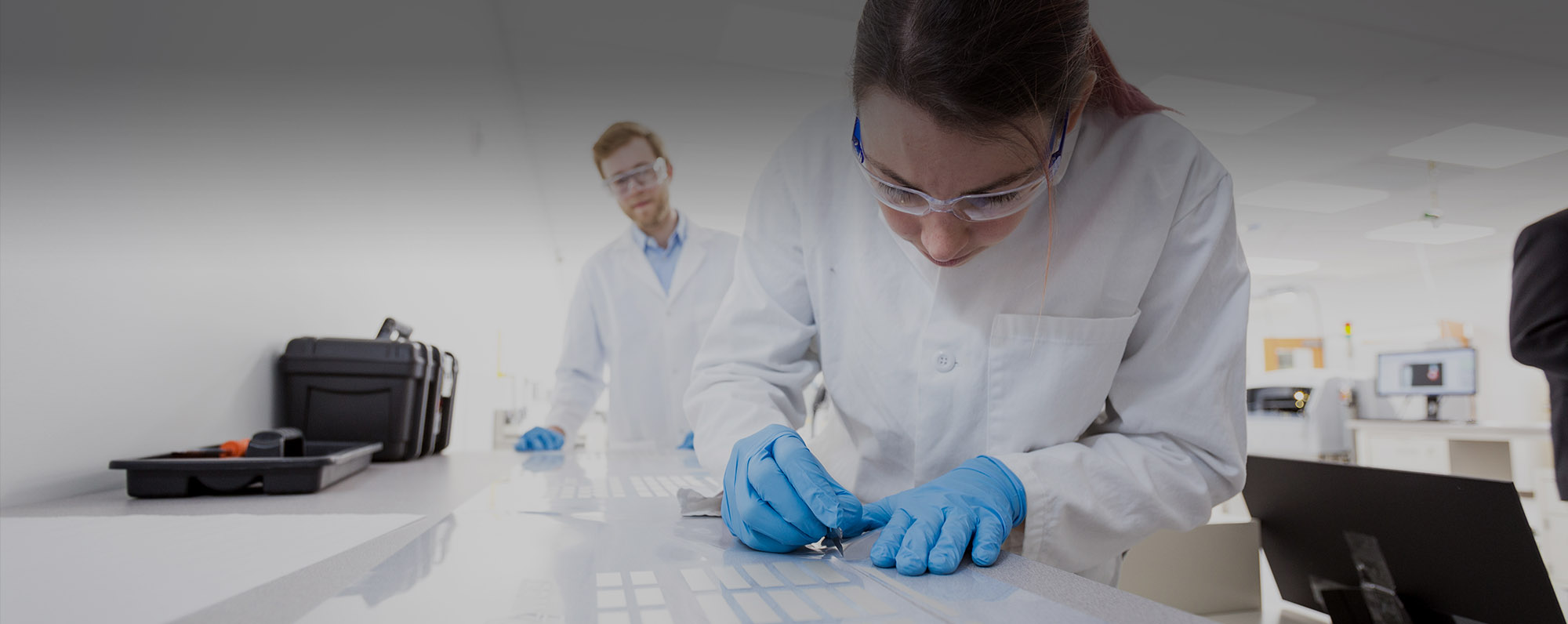
Electrocatalytic conversion of CO2 into useful chemical resources is a compelling strategy to mitigate the effects of climate change, but accomplishing this goal requires the development of next-generation catalysts. Highly selective homogeneous catalysts suffer from low stability, while robust heterogeneous catalyst cannot be easily tuned for selectivity. Immobilization of molecular catalysts on heterogeneous supports provides more robust catalytic systems with high selectivity and activity.
Through my research, I will investigate the surface functionalization of phosphorene, a two-dimensional phosphorous analogue of graphene with a thickness dependent bandgap. The support was chosen because it can be viewed as a solid-state phosphine ligand poised to coordinate to transition metal ions. Functionalization of catalytically active Re(I) complexes onto phosphorene has also been proven through our recent work.
I will study the reduction of phosphorene nanosheets with alkali metals to enhance their reactivity towards functionalization due to their increased electron density. This will allow me to expand the range of metal complexes and to enhance their corresponding reactivity electrochemically. A wide range of molecular catalysts active for CO2 reduction will be anchored on phosphorene and tested for electrocatalytic efficiency.
Advisor: Alexandra Velian – Chemistry



